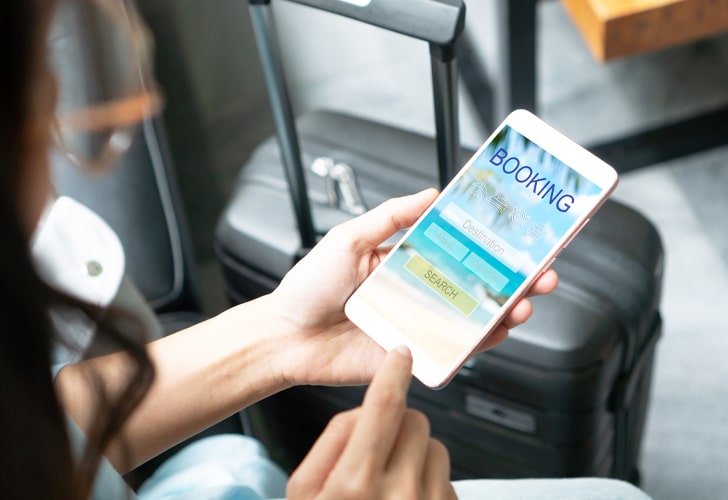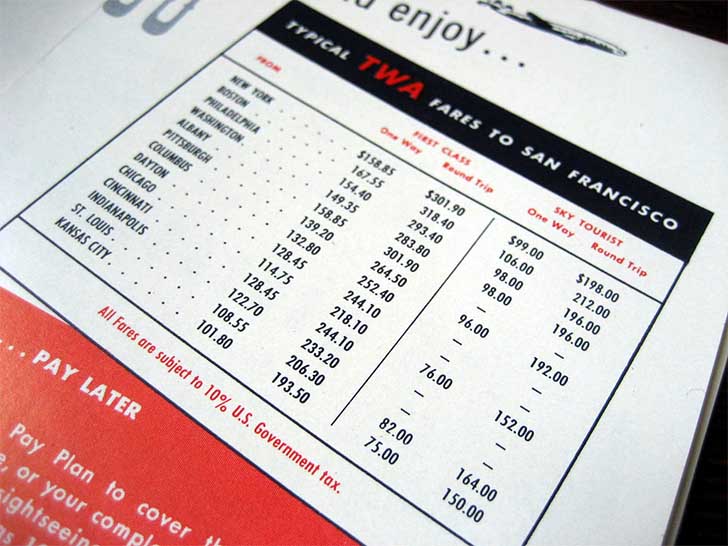As artificial intelligence gets smarter and spreads its wings, it's time to prepare for easier online bookings, smoother airport experiences, and maybe even pricier tickets.
Welcome to the Future of Travel

freepik / freepik
A year has gone by since travelers began exploring the potential of ChatGPT-crafted travel itineraries. As we move through 2024, we'll witness even greater experimentation and innovation in the travel sector. The role of AI in travel is expanding rapidly, influencing everything from how we book vacations online to handling unforeseen travel disruptions like flight cancellations or delays.
Smart Booking: Beyond the Checkboxes
2024 introduces us to a new generation of intelligent travel agents, evolving from simple chatbots to sophisticated interfaces capable of understanding complex queries. Travelers are no longer just ticking boxes to filter search results on platforms like Airbnb, Expedia, and Priceline. Now, they're engaging in interactive dialogues, asking nuanced questions to find the perfect lodging, dining spots, and specific amenities such as swimming pools. This shift towards conversational interfaces aims to make travel planning more intuitive and tailored to individual preferences.
Automated Solutions in the Air

Pattarisara Suvichanarakul / iStockphoto
The impact of AI is not confined to just booking experiences. Airlines and airports are harnessing its power to enhance operational efficiencies behind the scenes. AI advancements are improving processes like automatic rebooking. For instance, United Airlines now utilizes smarter software that not only rebooks flights but also proactively offers food and lodging vouchers in case of cancellations, enhancing customer service during travel mishaps.
Ground Operations Get Smarter
On the ground, the deployment of AI extends to optimizing logistical tasks such as the repositioning of baggage carts and coordinating staff movements in response to tight connections or delays. This application of AI helps make quick, informed decisions that can significantly reduce downtime and improve the overall travel experience for passengers.
The Pricing Arms Race

Todd Lappin / Flickr
AI's capability in processing massive data sets is revolutionizing how airlines set their ticket prices. Utilizing real-time data like weather forecasts and consumer search trends, airlines can adjust prices dynamically to maximize occupancy while remaining competitive. Simultaneously, companies like Hopper engage in this AI-powered duel from the consumer's side, using an astounding 70 trillion data points to predict pricing trends and offer the best deals. This ongoing technological tug-of-war between airlines and consumers sets the stage for a more transparent and efficient marketplace, making 2024 an exciting year for tech-savvy travelers. Everyone can start planning their next trip without worrying about the human hassles that come with it. Now that's exciting!

